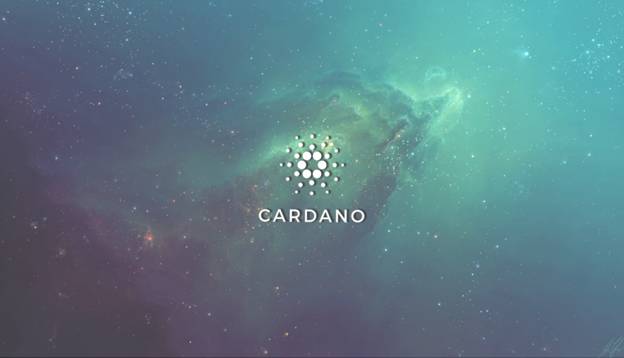
MEW is one of the most popular web-based ethereum wallets and is one of the cornerstones of Ethereum’s ecosystem. Cardano has its counterpart in AdaLite, formerly known as CardanoLite.
As the team behind this wallet wrote on their Medium, they have changed the name, rolled up their sleeves and worked hard in the past months to deliver a much more user-friendly wallet than Daedalus, which is the official wallet of Cardano blockchain.
Earlier this year, we at VacuumLabs, as big fans and holders of Cardano cryptocurrency, have decided that we will help the Cardano ecosystem by developing light secure multi-platform wallet. Our goal was to develop a solution that could be easily accessed with web-browser without the need to download anything. Our inspiration came from a popular Ethereum web-based wallet MyEtherWallet.
Next Trezor firmware update will include support for Cardano and immediately be ready to use via AdaLite web wallet. This is the safest way to access your wallet on Trezor as the private keys stored on hardware wallet will not be revealed to anyone.
The AdaLite developers also emphasize that their wallet is a mutliplatform one, as they work on smartphones as well.
You can use the wallet on any browser and operating system without the need to download anything. It takes just a few seconds to generate a new wallet or to access an existing one and it is very easy to use. We don’t store any of your sensitive data, your private key never leaves your computer and signing of transactions is done in your browser (or, in case you are using Trezor, it’s done by Trezor). On top of it, AdaLite works on smartphones so you can access your funds from anywhere at any time.
Trezor integration is just the start as the team promises a Ledger Nano S integration as well, but also to keep up with Cardano official releases and upgrades.
Want to know how to trade on Cryptopia? Click here.
There is one drawback of the latest version of the AdaLite – it is limited to 10 predefined addresses which means it will not work with Daedalus imported data and AdaLite developers point out that you might see 0 balance on your AdaLite if you do that.
… after each transaction, Daedalus randomly derives a new address, therefore during wallet recovery, Daedalus scans the whole blockchain for possible addresses that belong to a given wallet private key. This would be extremely difficult to execute for multiple users connected to a single server every time they try to access their wallet, therefore we came up with this restriction as we believe most of the users will be fine with having only a single address (and we provide them with 9 extra).
The code for AdaLite wallet is publicly auditable and easy to review on GitHub.





